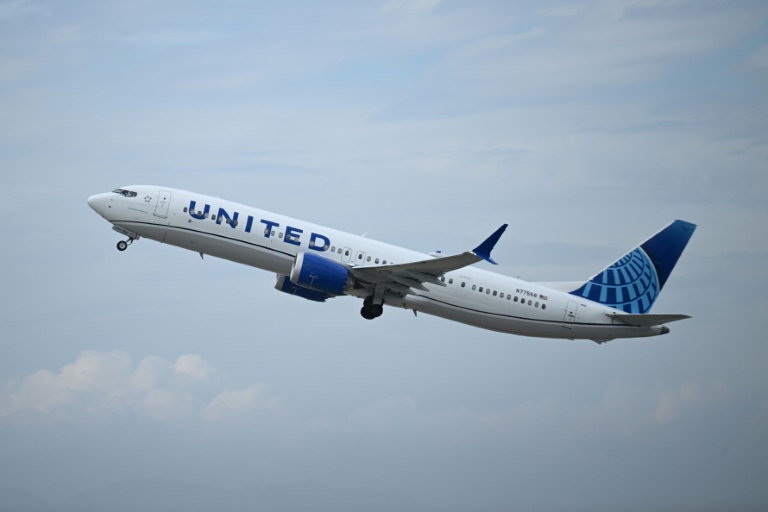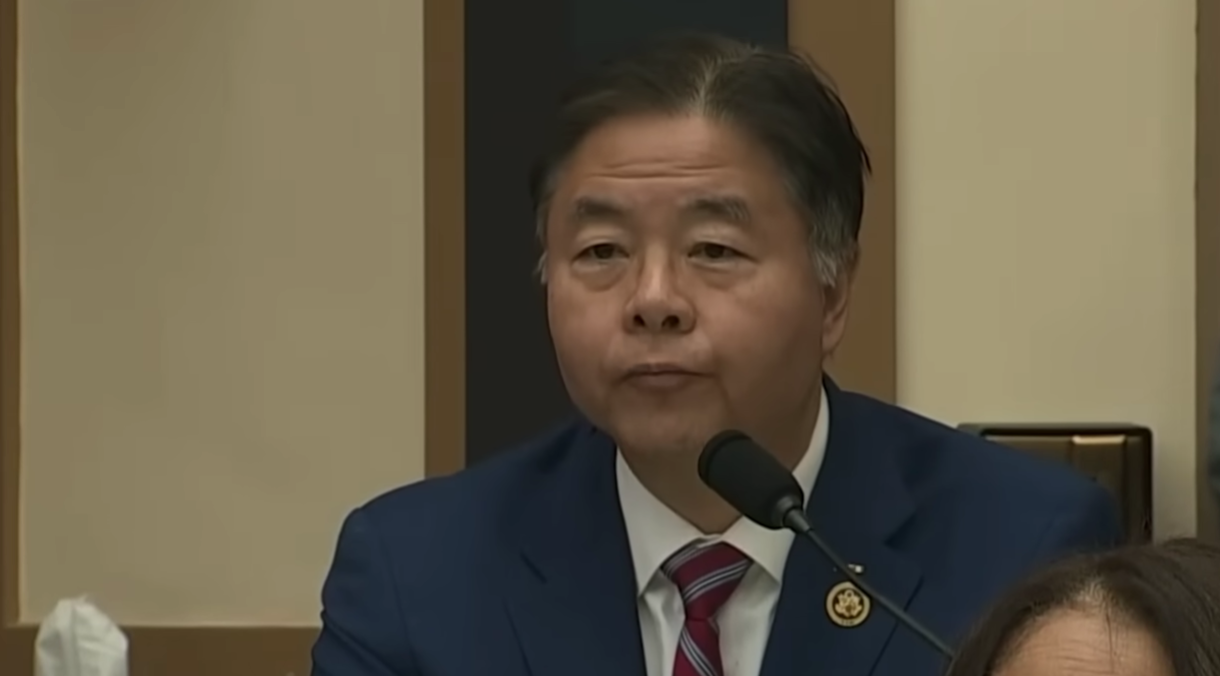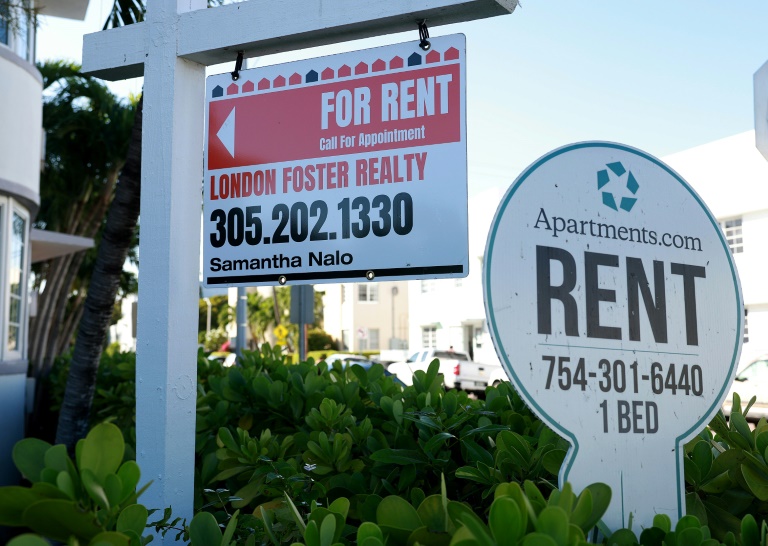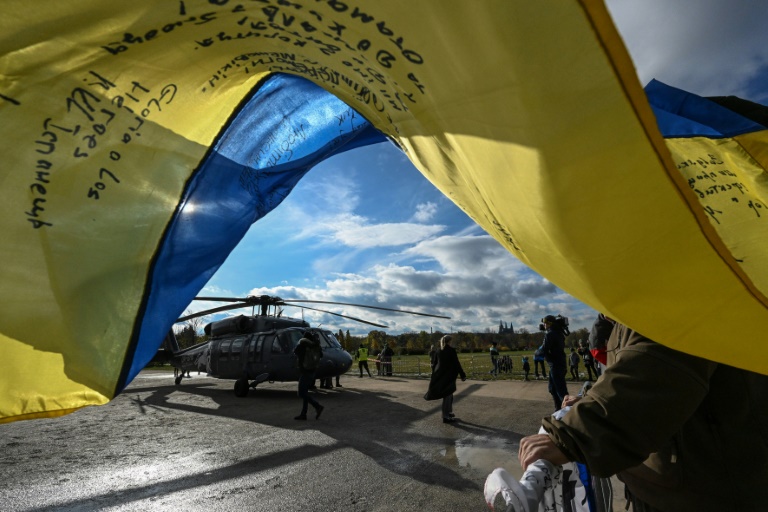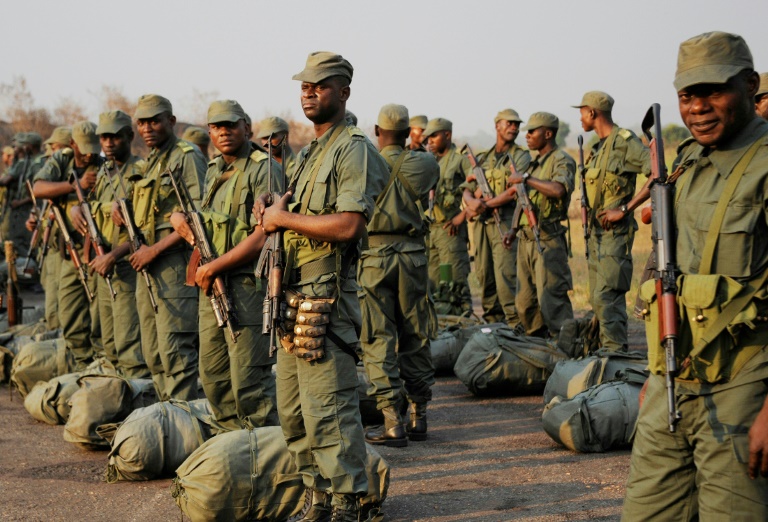Flying should be the fastest and most comfortable way of getting around the U.S. and the world for leisure and business travel.
But it isn’t, due to flight cancellations, long delays, lost baggage, and crowded airports and airplanes, especially during the holidays when demand for air travel soars. These problems can result in missing important events like holidays, birthday celebrations and weddings, shortened vacations, missed business meetings, and forgone income.
In his book “Why Flying Is Miserable”, Ganesh Sitaraman, a law professor and policy expert, traces the problems to the deregulation of the airline industry in the 1970s: the lifting of the many regulations put in place during the New Deal to promote competition, better services and lower fares.
Sitaraman believes that five decades later, deregulation had the opposite effect. It led to airline failures and consolidations, turning the industry into an oligopoly dominated by four large airlines that have received billions of dollars of taxpayer bailouts and have yet to provide reliable services.
As economics textbooks explain, oligopolies may benefit corporate managers and labor unions, but not consumers. They provide fewer choices at higher prices and are under no pressure to improve service quality.
Sitaraman believes that “miserable air travel is the perfect symbol of the type of unregulated capitalism that America has unleashed,’ calling for new regulations to fix the problem.
Mika Lepisto, a Digital Marketing Consultant, lists several airline policies that make flying uncomfortable. Top on the list are changes to loyalty programs (like A.A.). “They have created a lot more ‘frequent fliers’ aka elites so for those who do fly often, there is now a lot more crowd,” he told the International Business Times.
Meanwhile, Lepisto argues that airlines could be better at re-thinking (and perhaps don’t have an incentive to do so) what they do to improve things, like boarding. “So gates are crowded by people, including those with no status, and make tight connections and the general boarding process more difficult,” Lepisto said.
He adds that airlines need more staff to address flight cancellations and change issues. “There are ways to help work around these with status if you know how it would be easier to relay on a call than written,” he explained.
Still, not all the blame should go to airlines. Passengers should take part of the blame for lack of respect for others. “Respect is a major issue,” Lepisto said. “This is a cultural thing that is better in some geos where people don’t, for example, crowd the gate out of turn, put their carry-ons in F.C. when they’re in coach, leave their overhead light on during redeyes, making it harder for people to sleep.”
Lauren Gamport, Vice President of Communications and brand at Faye Travel Insurance, holds a similar opinion. She quotes a company survey listing “sitting near overly chatty neighboring passengers” as the top travel nightmare during the holiday season. Moreover, the survey confirms that paying expensive travel prices, having a flight canceled or overbooked, dealing with massive delays, and missing a flight or layover are other factors that make traveling miserable.
Jonathan Belles, a Digital Meteorologist for Weather.com and The Weather Company, brings in another factor beyond the control of airlines and passengers: extreme weather events, which have increased in severity since 2000.
“No doubt there’s warming going on, which can impact and divide the jet stream,” he told IBT. “When there’s a big difference between the top and bottom, that can dip down and create turbulence. While there’s still a contrast, it’s not the same as we saw 20-30 years ago.”
Belles believes the jet stream is now wobbling. “You’ve likely heard articles speak of polar vortexes, for example,” he elaborated. “As the jet stream buckles a bit because it’s not as strong as it was in the past, now you have all this energy associated with the jet stream up 30k feet or so. It’s allowing colder air to spill south, so we’re seeing major weather events happening more and more than we did in the past.”
While policymakers have little control of the climate, at least in the short term, they can certainly do something to change the way the airline industry operates. Sitaraman believes that airlines should be treated more like public utilities than ordinary consumer companies, implementing regulations to address the causes of air travel problems.
“Implementing stricter regulations and standards for the airline industry could be a solution to address the lack of competition,” added Young Pham, a Project Manager at BizReport. “By setting clear expectations for safety and travel experience, we can create an environment where airlines are compelled to prioritize customer satisfaction.”
Jonathan Prescott, Vice President at CouponBirds, looks for solutions in the same direction, arguing that the public should take back public control over airlines.
“To improve our transportation system fundamentally, we need better policies and infrastructure,” he added. “For example, all registered voters should express their dissatisfaction to Congress, as they are the ones who set the rules for the airline industry.”
Anton Radchenko, CEO of Boston-based AirAdvisor, believes that US regulators must introduce a directive like the EU’s Air Passengers Rights Regulation, which has seen airlines’ standards improve in Europe.
“One of the major issues still facing the U.S. aviation sector is that passenger rights and regulations are put to shame by those in the EU, where regulations are far more favorable to passengers, who have better protection against disruption to their travel plans,” Radchenko told IBT.
For instance, the EU Air Passengers Rights Regulation (EU261) requires airlines to compensate travelers a minimum of €250 for delays of 3 hours or more and up to €600 for delays on long-distance journeys.
“The level of flight disruptions in the EU has dropped considerably since EU261, with airlines required to get their houses in order,” Radchenko. “U.S. regulators must implement similar standards if the aviation industry is going to be ‘fixed’ long-term.”

